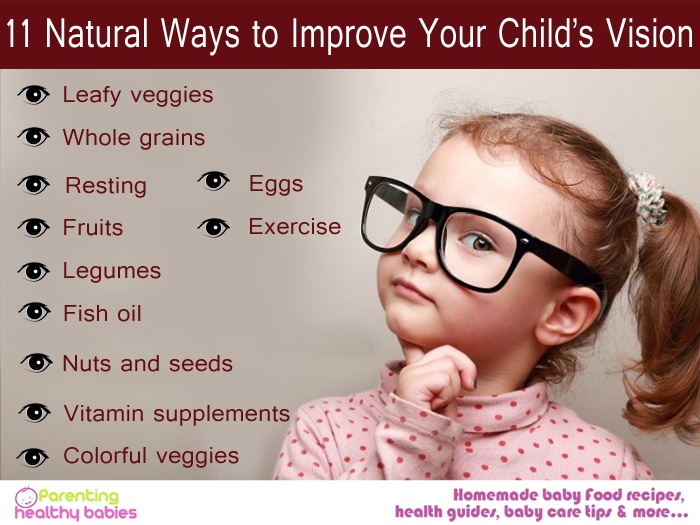Necrotizing enterocolitis (NEC) is a disease which develops when the tissue in the small or the large intestine gets damaged which causes the intestine to get inflamed. This condition usually affects only the innermost lining of the small and large intestine, but the entire thickness of the intestine may become affected. In some of its severe cases, a hole might form in the wall of the intestine. If this happens, the bacteria which are normally found inside the intestine can get into the abdomen and cause chronic infection. This is considered to be a medical emergency.
This condition can develop in any newborn within two or three weeks after birth but, it’s most common in premature babies, for 60 to 80 percent of cases. And around 10 percent of babies, who weigh less than 3 pound develop NEC (necrotising enterocolitis). It’s a serious disease that can progress in no matter of time. It’s important to get it treated right away if your baby is showing any symptoms related to NEC.
A Guide for Necrotizing Enterocolitis in Babies
Symptoms of Necrotising Enterocolitis
A baby with necrotizing enterocolitis may show these symptoms:
- a swollen belly
- constipation
- diarrhoea (dark or bloody stools)
- Lethargy (less activity)
- unstable body temperature
- vomit
- apnoea (pauses in breathing process)
- Bradycardia, slowed heart rate.
- low blood pressure)
Cause of Necrotizing Enterocolitis
The exact cause of necrotising enterocolitis isn’t yet clear. It’s said that lack of oxygen delivery may be a factor. When there’s less oxygen in blood flowing to the intestine, it can become weak. A weak intestine makes it easier for bacteria from the food to enter into the intestine to cause damage to the it’s tissues. This can be a cause to develop an infection or NEC.
Other than this, having too many RBC (red blood cells) and having other gastrointestinal problems can add more risk. Premature babies are at higher risk of getting this as they often have underdeveloped body systems. This can cause them difficulty with digestion of food, fighting against infections, and blood and oxygen circulation.
Heavy growth of bacteria in the intestine can also erode the intestinal walls.
How is NEC Diagnosed?
Babies who have these symptoms of NEC are usually taken for an X-ray; if any abnormal gas pattern is shown up on an X-ray then the diagnosis can be confirmed. The X-ray turns out to have a bubbly or streaky like gas appearance in the walls of the intestine.
In some severe cases, air can escapes from the intestine and shows up in the large veins that connects the liver or the abdominal cavity. A doctor might insert a needle into the belly to withdraw the fluid to see whether there is a hole in the intestine by examining it.
How is NEC in Babies Treated?
There are a number of different ways to treat NEC. The treatment plan will depend on several factors, including:
- How severe the disease has become.
- The overall health of the child.
- The age.
In severe cases, your doctor will tell you to stop feeding the baby. Your baby will receive their nutrients and fluids intravenously or by an IV. Your baby will likely need antibiotics to help fight against the infection. If your baby is having difficulty breathing which is due to a swollen abdomen, they’ll receive extra oxygen or breathing assistance like a nebulizer.
In severe cases of NEC, surgery may be done. This procedure is done by removing the damaged sections of the intestines.
Your baby will be monitored closely throughout the course of treatment. The doctor will perform several X-rays and blood tests regularly to make sure the disease isn’t getting worse.
How Can You Prevent NEC in Babies?
Some research shows that breastfeeding your baby can help in reducing the risk of NEC. Using breast milk may also be helpful when a baby is recovering from NEC and is able to start milk feeds again as it contains vital antibodies.
If due to some reason you are not able to breastfeed, you may want to provide your milk for your baby. This way could still get the benefits of having your milk fed to them through a tube.
What More to Expect on Necrotizing Enterocolitis in Babies?
Necrotizing enterocolitis can be a fatal disease, but most babies completely recover once they get treatment. In very rare cases, like if the bowel may become damaged and narrowed, which leads to intestinal blockage. There are also possibilities for malabsorption to occur. This is a condition in which the intestine is unable to absorb nutrients from the food. It’s more likely to develop in babies whose section of the intestine is removed.
Your child’s recovery also depends on their overall health and how severe was the disease. Speak with your doctor for more information regarding your baby’s particular case regarding necrotizing enterocolitis.
References
https://www.bliss.org.uk/parents/about-your-baby/medical-conditions/necrotising-enterocolitis-nec-a-guide-for-parents
https://www.sciencedirect.com/science/article/pii/S0929664613001265













